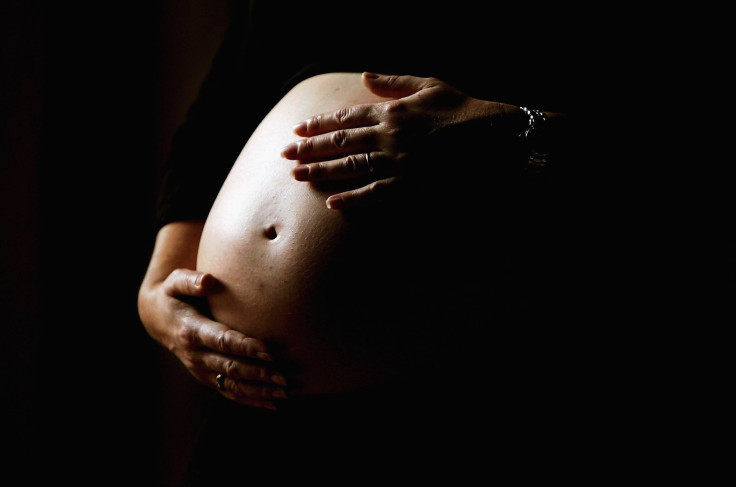What Is Irritable Bowel Syndrome? Pregnant Woman Dies From Bowel Cancer

A 32-year-old Australian woman diagnosed with bowel and liver cancer while she was pregnant with her third child has died.
After Nicole Yarran's death in September, her mother Kathy Narrie spoke about the devastating effects of the disease in order to raise awareness among people.
Yarran was diagnosed with terminal bowel and liver cancer after she visited the hospital for a routine pregnancy check-up in 2015.
Narrier said her daughter had been unwell for quite some time and had even lost a lot of weight. She also said that Yarran constantly felt bloated and constipated and often passed blood in her stools.
However, when Yarran went to see a doctor, she was told that she was “too young” for bowel cancer and was diagnosed with Irritable Bowel Syndrome (IBS) instead, the Independent reported.
IBS is a group of symptoms—including abdominal pain and changes in the pattern of bowel movements without any evidence of underlying damage. These symptoms occur over a long time, often years.
According to WebMD, IBS mostly affects women. People are most likely to get the condition in their late teens to early 40s.
The website also states that “IBS is a mix of belly discomfort or pain and trouble with bowel habits: either going more or less often than normal (diarrhea or constipation) or having a different kind of stool (thin, hard, or soft and liquid). There are four types of the condition. There is IBS with constipation (IBS-C) and IBS with diarrhea (IBS-D). Some people have an alternating pattern of constipation and diarrhea. This is called mixed IBS (IBS-M). Other people don’t fit into these categories easily, called unsubtyped IBS, or IBS-U.”
Some of the symptoms of IBS include diarrhea, constipation, belly pain, cramps in the belly, bloating, among others.
In Yarran’s case, it was only when she went for an ultrasound that the doctors discovered eight “golf ball-sized” tumors on her liver.
“If the doctor had only listened to her symptoms and requested a stool sample or full blood count, at least they would have found it in 2014 because it was the pregnancy that aspirated cancer, it literally fed the tumors,” Narrier told the UNILAD.
“Nicole realized she wouldn’t see Aaylah, who’s five, and Alavis who is 18 months old, attend their first day of school, or Alkere’s first day of secondary school, nor see any of them graduate, or enter into their careers or further studies. She knew she’d never witness the birth of her grandchildren or hear the word Nanna, she realized each birthday would be celebrated with a heavy heart, because the person who gave them birth is no longer singing happy birthday to them,” Narrier recalled.
Narrier said she wanted to share her daughter’s story with the world so people know about the disease and its symptoms.
“I only ask that Nicole’s story is one that highlights the importance for any practitioner to respect the opinions of your patients, that just for once think outside the statistics or written theory that guide your head and listen to what your gut tells you, because more than often, it’s the first initial gut instinct that is can prevent the negative outcome, and could prevent the death of a loved one," Narrier said.
© Copyright IBTimes 2024. All rights reserved.











